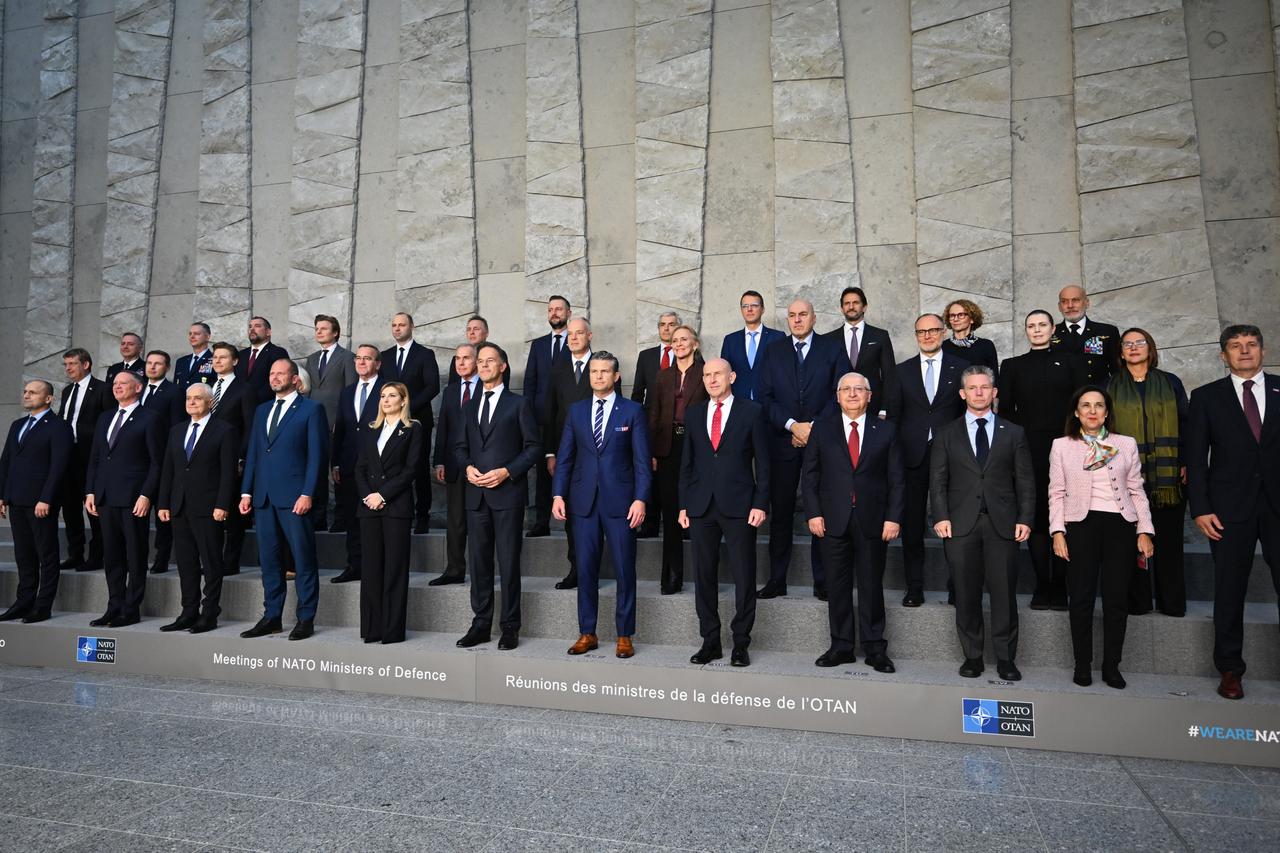
Defense ministers from all 32 NATO member countries gathered in Brussels on Wednesday to discuss regional security issues, with Turkish Defense Minister Yasar Guler representing Türkiye at the meeting.
NATO Secretary General Mark Rutte said in opening remarks that the primary focus will be on strengthening the alliance's defense and deterrence.
Rutte said the meeting will review the implementation of historic decisions taken at the NATO summit in The Hague, Netherlands, and discuss NATO's new capabilities and objectives.
"We will also announce a new initiative to combat new challenges arising from drones," Rutte said.
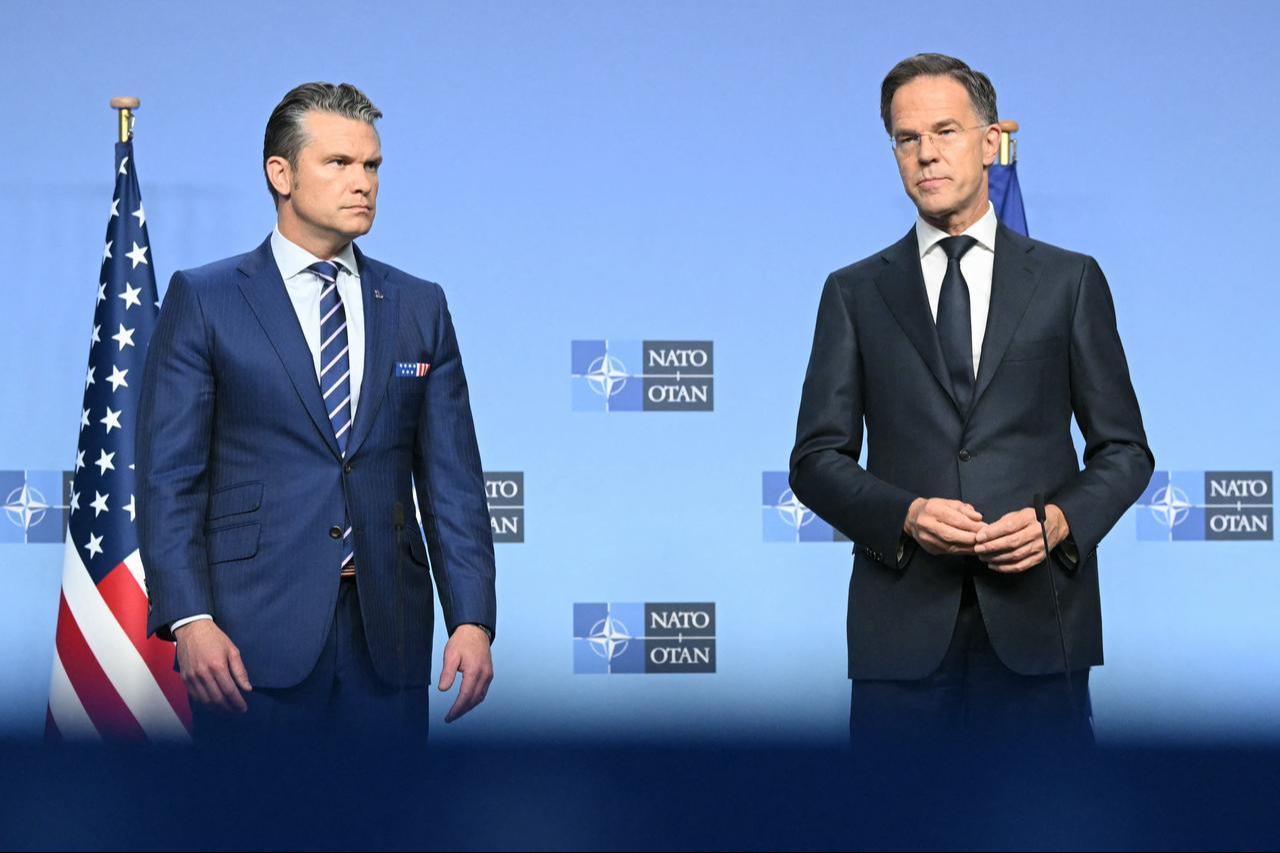
Rutte said NATO's steadfast support for Ukraine is an important agenda item.
"Our overall support creates pressure on (Russian President Vladimir) Putin and our support for Ukraine to develop its own capabilities will be effective in deterring Russia's future aggression. All this contributes to our security," Rutte said.
Speaking to reporters ahead of the meeting, Rutte said allies are ramping up weapons production and air defense systems under a new $2.2 billion U.S.-led military support program for Ukraine while reinforcing measures to protect NATO airspace amid rising drone threats.
"This includes air defense systems and interceptors, crucial to protect Ukraine's civilian population and infrastructure from the continuous Russian onslaught," Rutte said.
Rutte stressed that the European Union and NATO are working closely together. "This combination is crucial, and Russia has not succeeded in dividing us," he said.
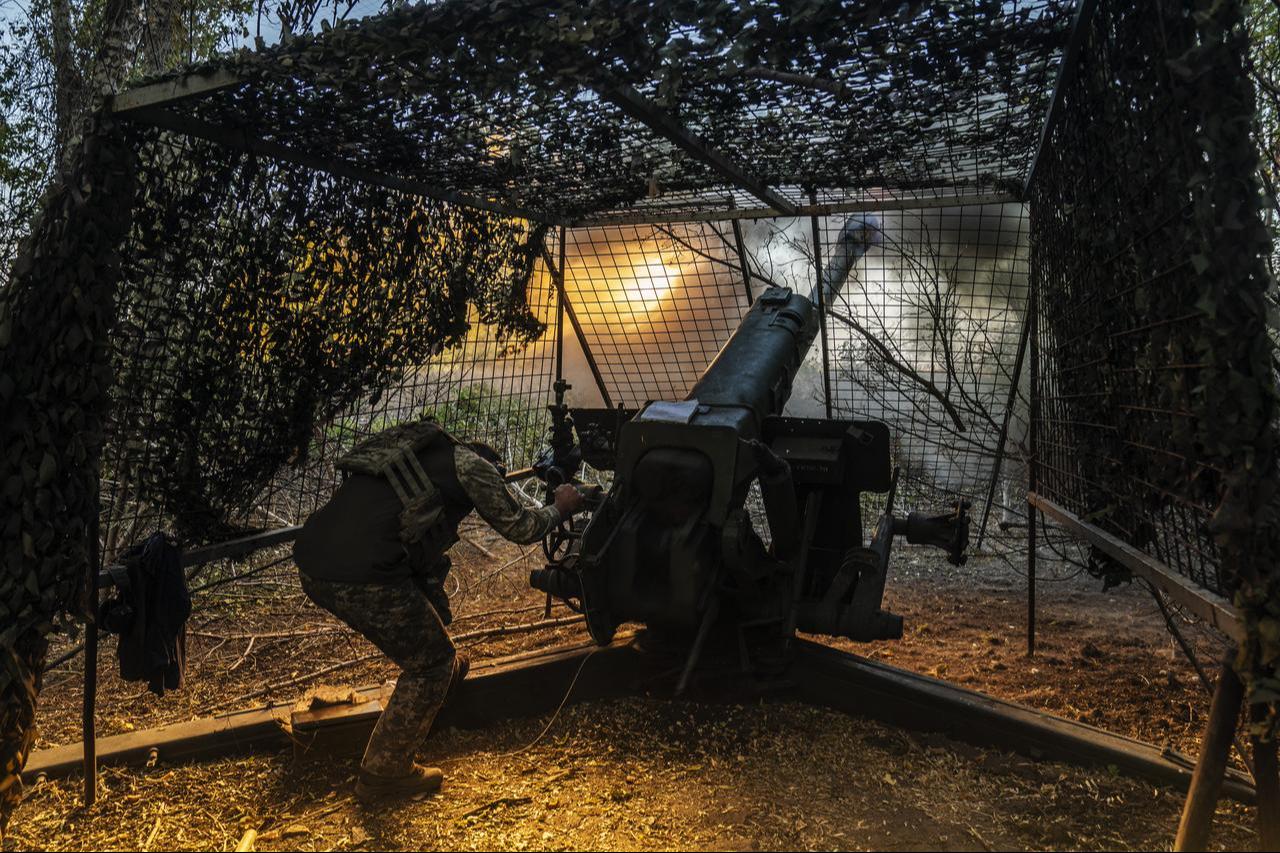
The meeting will address regional defense and security cooperation, defense spending, Russia's increasing airspace violations and support for Ukraine. A NATO-Ukraine Council meeting will follow the main session, followed by a Ukraine Defense Contact Group gathering.
Rutte said they will evaluate the Eastern Sentry initiative, which boosts security on the alliance's eastern flank.
On Russian airspace violations, Rutte said NATO remains fully capable of defending allied territory.
"If a Russian aircraft enters NATO airspace and poses a threat, we will act. If not, it will be escorted out. A strong alliance knows when to act firmly and when to de-escalate," Rutte said.
He added that NATO continues to learn from Ukraine's battlefield experience and adapt new technologies in drone defense. "We've been doing this for 60 or 70 years, we did it with the Soviets, and we continue doing it with the Russians," he said.
During remarks alongside U.S. Defense Secretary Pete Hegseth, Rutte thanked U.S. President Donald Trump and his team for their leadership in strengthening NATO and ensuring fairer burden-sharing across the alliance.
"We are doing everything collectively to keep Ukraine strong. But I particularly want to thank President Trump and you personally for your leadership. NATO is now much stronger and more lethal," Rutte said.
Referring to the decision taken at The Hague Summit to equalize defense spending between the EU, Canada and the United States, Rutte called the move historic.
"Since (U.S.) President Eisenhower, there was always this expectation that European allies and Canada would step up. We did that thanks to your leadership," Rutte said.
Hegseth welcomed the progress made within NATO, emphasizing that increased commitments by allies will soon translate into concrete military capabilities.
"It was a historic summit, brought about by the leadership of President Trump, who said we need our allies to step up, and they did," Hegseth said, adding, "Those commitments will now translate into capabilities, which is the most important aspect of it."
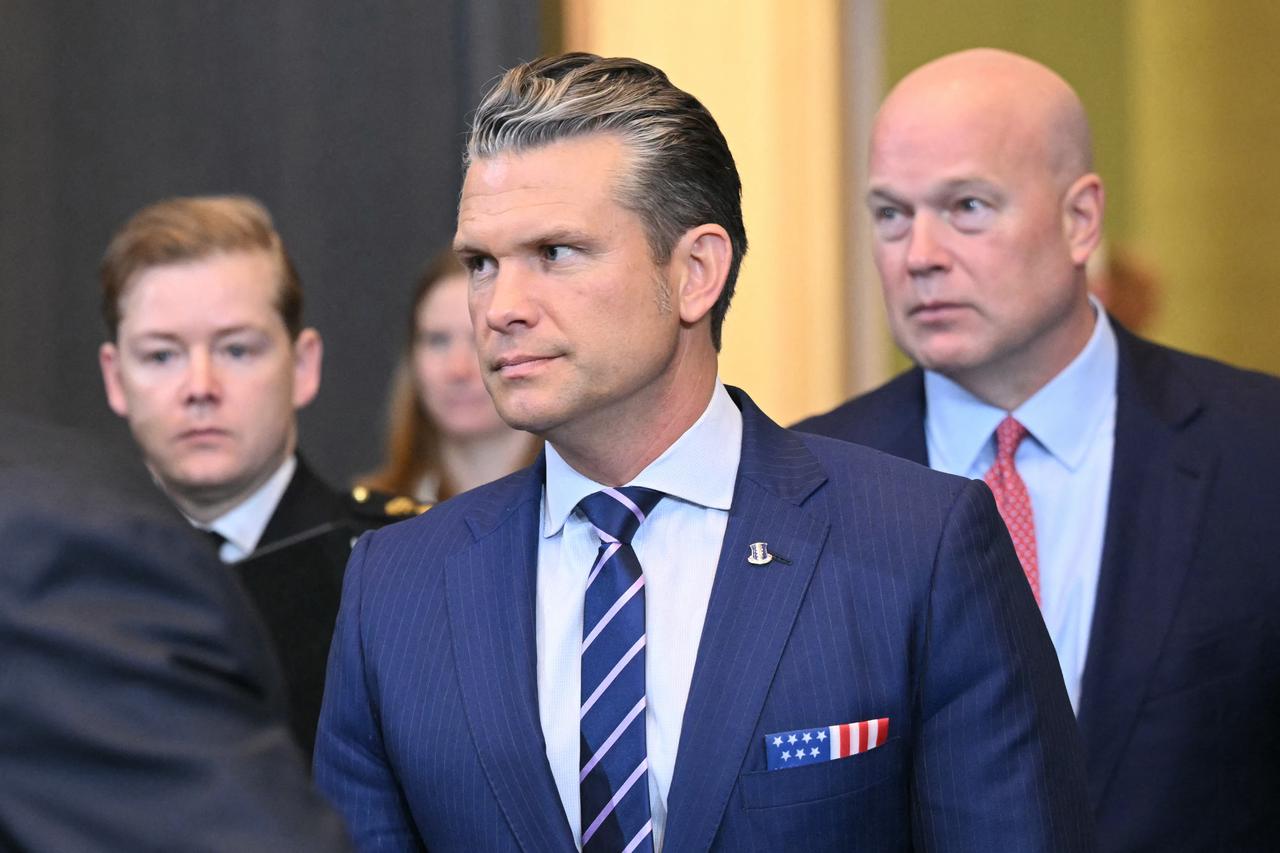
German Defense Minister Boris Pistorius said Germany will spend €10 billion ($11.62 billion) over the coming years on various types of drones.
Pistorius also said Germany will offer to take the lead in a European Union air defense shield and will increase its contribution to air policing. A ministry spokesperson said Germany will deploy two Eurofighter jets in Malbork, Poland, from December to March.
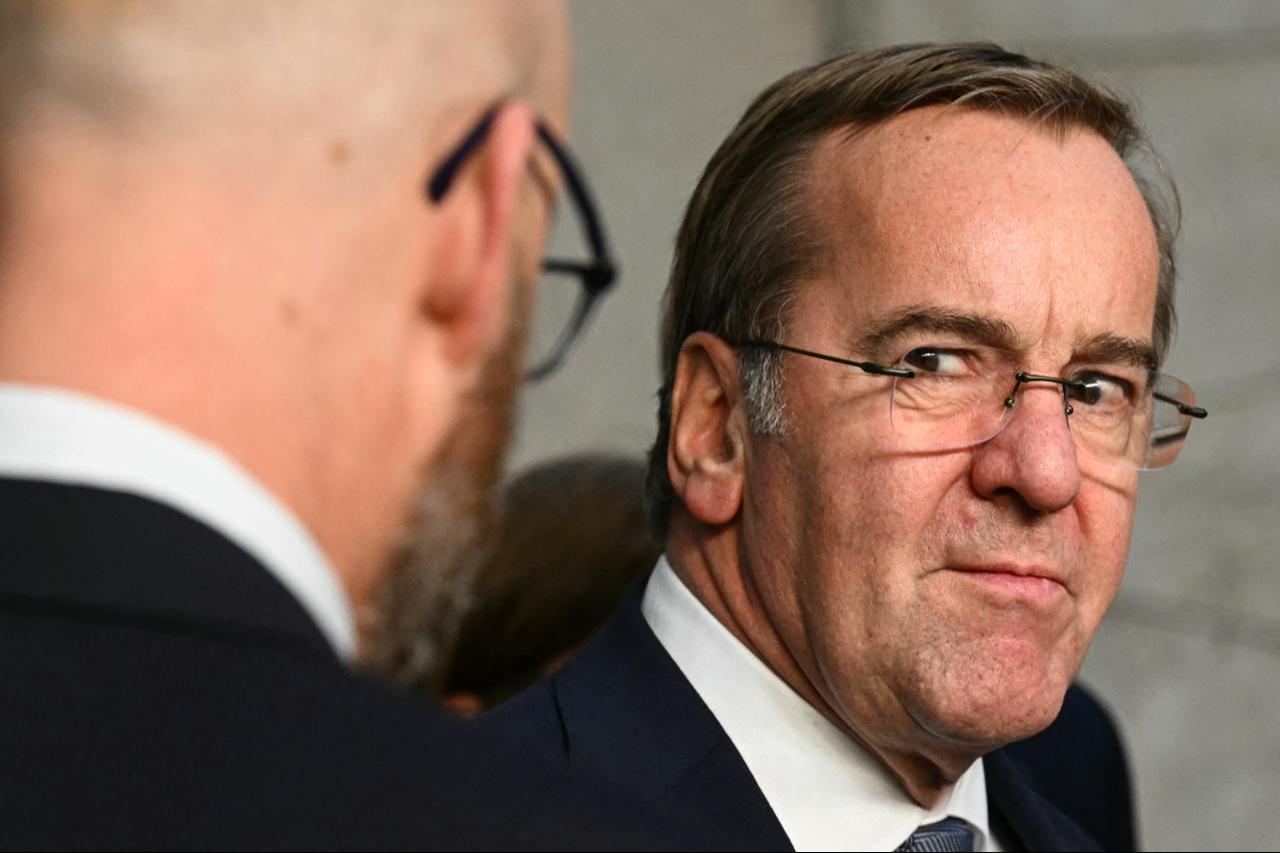
Guler is expected to conduct numerous bilateral meetings with counterparts during the gathering.
Türkiye's defense and security policies, along with regional developments, are expected to be discussed in these meetings.
Before the main sessions, Guler visited Türkiye's NATO Permanent Delegation and the NATO Turkish Military Representative Office at NATO headquarters. Guler received briefings on ongoing activities from NATO Permanent Representative Ambassador Basat Ozturk and NATO Turkish Military Representative Office Chief Lt. Gen. Kemal Turan, according to a statement from the ministry.
Guler also met with British Defense Minister John Healey in Brussels, according to the ministry.
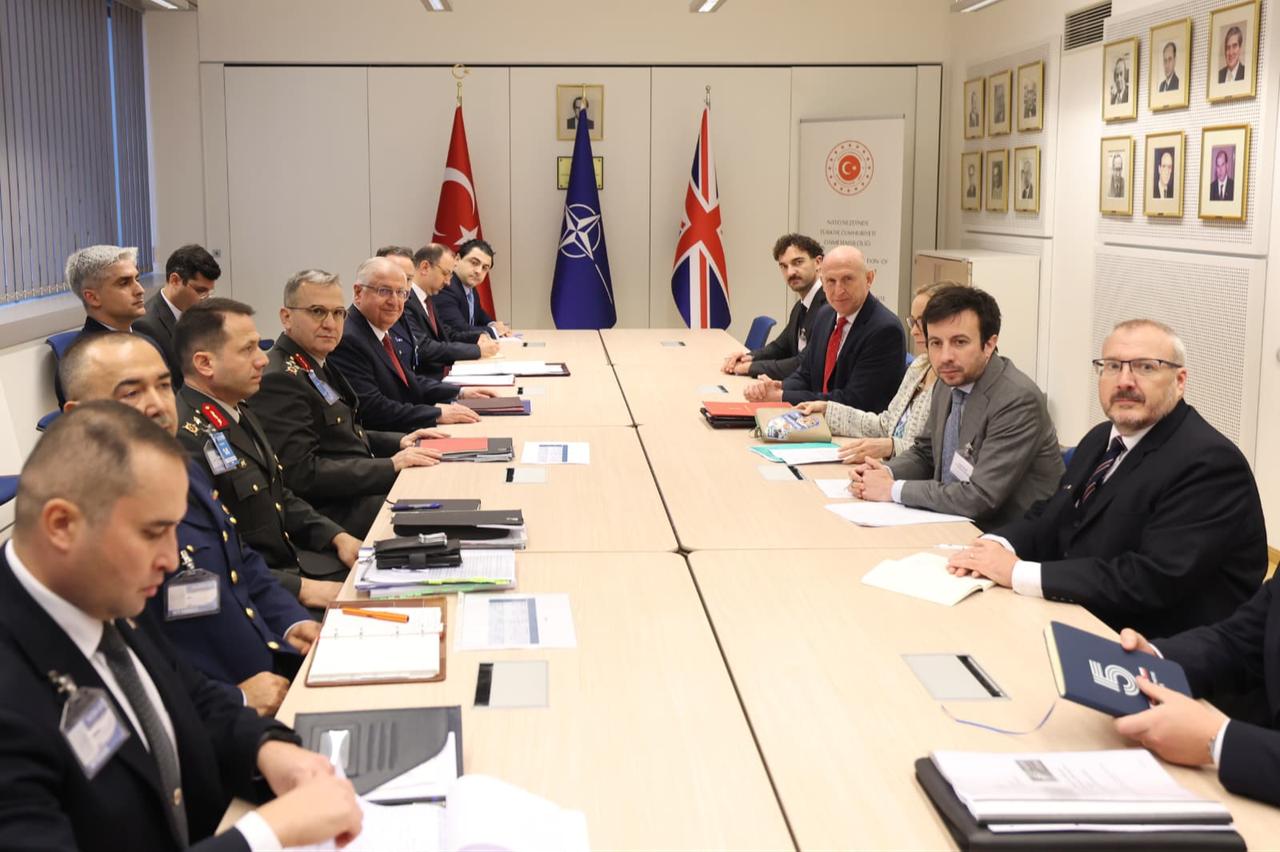
The NATO-Ukraine Council meeting convened at the defense minister level in an informal format in Brussels following the main session.
Defense ministers from all 32 NATO member countries, along with Ukrainian Defense Minister Denys Shmyhal, participated in the meeting, with Guler representing Türkiye.
The NATO-Ukraine Council was established to elevate relations between NATO and Ukraine to the highest level and first met on July 12, 2023, during the Vilnius Summit.